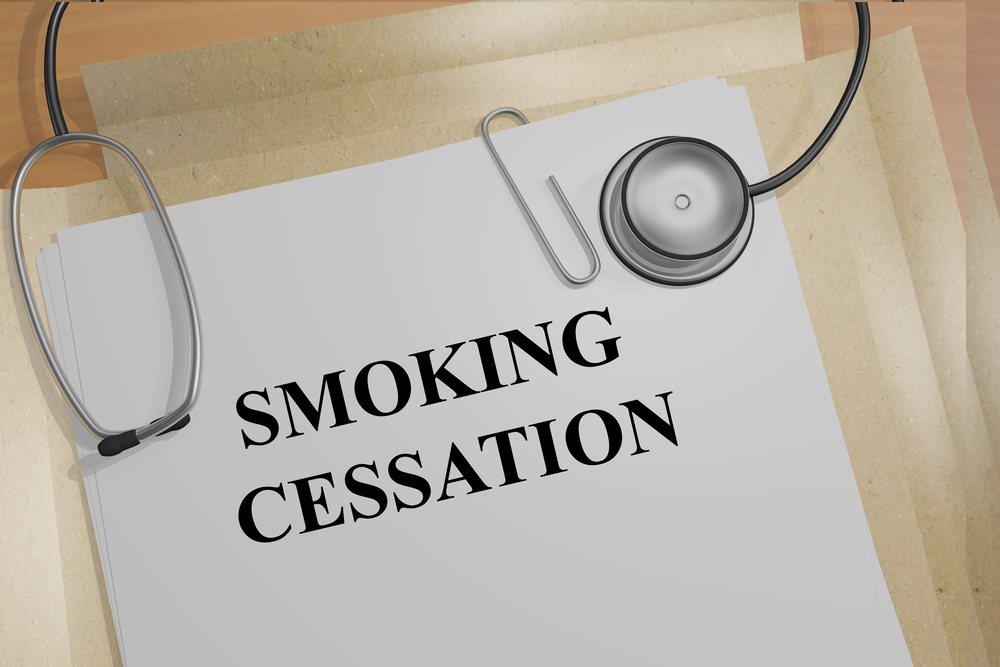Smoking cessation has major health benefits for people of all ages. It decreases the risk of health issues such as heart attack, stroke, chronic lung disease, and other cancers.
Quitting smoking
Smoking is one of the main causes of death among Americans. Many people who choose to quit smoking have successfully achieved their goals. Quitting smoking is the best thing you can do to improve your health. It’s never too late to stop smoking. Quitting smoking will be simple if you prepare yourself for overcoming the cravings, urges, and feelings that come along with quitting. Here are a few steps that help you stop smoking:

Also Read: Benefits of Quitting Smoking
- If you are a smoker who wants to quit, then choose a date within two weeks when you will stop smoking. Inform your family members and friends about your quitting program. They will support your efforts.
- Choose a method of quitting that suits you and your preferences. Some include:
- You can stop smoking all at once on your quit day.
- Lessen the number of cigarettes you smoke daily.
- Resolve not to smoke at all, not even one puff of a cigarette.
- For quitting smoking, it is important that you remove all tobacco or nicotine-containing products from your home, vehicle, and workplace.
- Avoid alcohol consumption during the quitting program. Alcohol can increase cravings for a cigarette.
- Through out of all cigarettes, lighters, ashtrays. And matches from your house. Try to find healthy alternatives for smoking. Go out for a walk, carry mints or sugar-free chew gums. Snack on to healthy food items such as carrots or celery sticks.
- Find reasons for giving up smoking and its benefits.
- If nothing works for you, try contacting a health care specialist who can assist you in getting rid of smoking. Your health care specialist will advise you and may prescribe medications that will help your condition. You need to discuss how to use it and when to use it. Follow all the directions as instructed. You may get medicines for smoking such as varenicline and bupropion for smoking cessation. Your health care provider may also ask you to join a smoking cessation program to help you quit. There are many other medications as well that are helpful in reducing the effects of smoking.
- Ask other people whether they are your relatives, friends or neighbors not to smoke around you. Allowing people around you to smoke can increase your craving for a cigarette.
Smoking after quitting
It is challenging for a smoker to stay away from cigarette smoking, but it is never an impossible task. It is hard to stay as a non-smoker, but it is necessary that you give every bit of yours to control your cravings. Do everything possible to avoid smoking. Try, and the urge to smoke will pass. You will find difficulty in the first few minutes if you do smoke after quitting.
- This doesn’t mean you become a smoker again. This is time is crucial, make efforts to get back on the track again.
- No need to get panic or blame yourself. What you need to do is feel like you are a non-smoker.
Benefits of quitting smoking
- Your cough will go away that used to be there at smoking days.
- Breathing will be easier
- Your sense of smell and taste come back.
- Once you quit smoking, you will be free from the mess, and burns in clothing.
- Your life expectancy will increase, and the risk of heart disease reduces
Also Read: Men, Women, and the Dangers of Smoking
Medications and counseling help quit smoking
Health care specialist recommends counseling along with medications, nicotine gum, or nicotine patches to reduce smoking effects. Medications in combination with counseling results in much higher quit rates than the drug alone.



